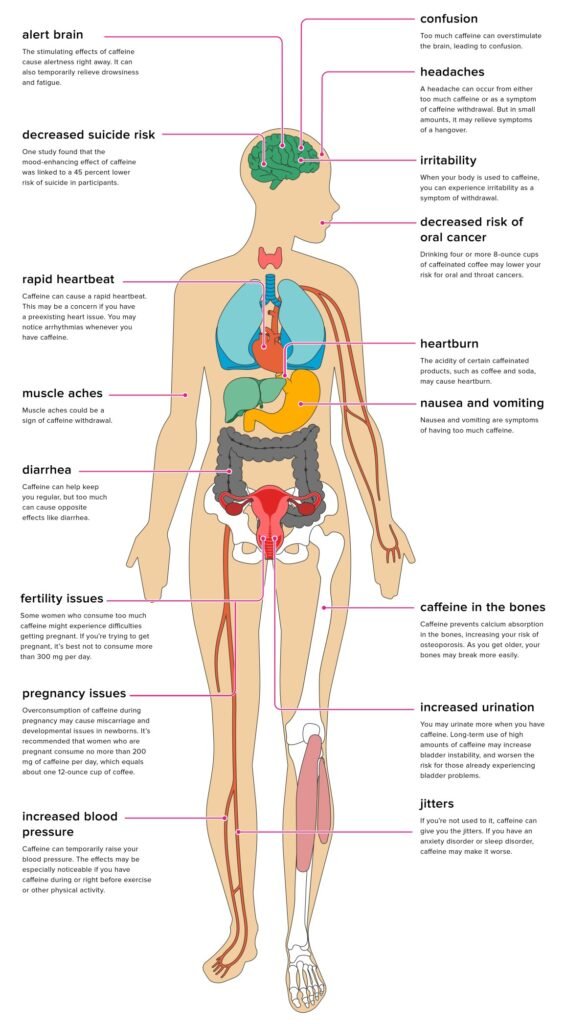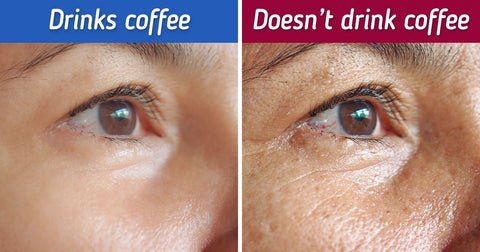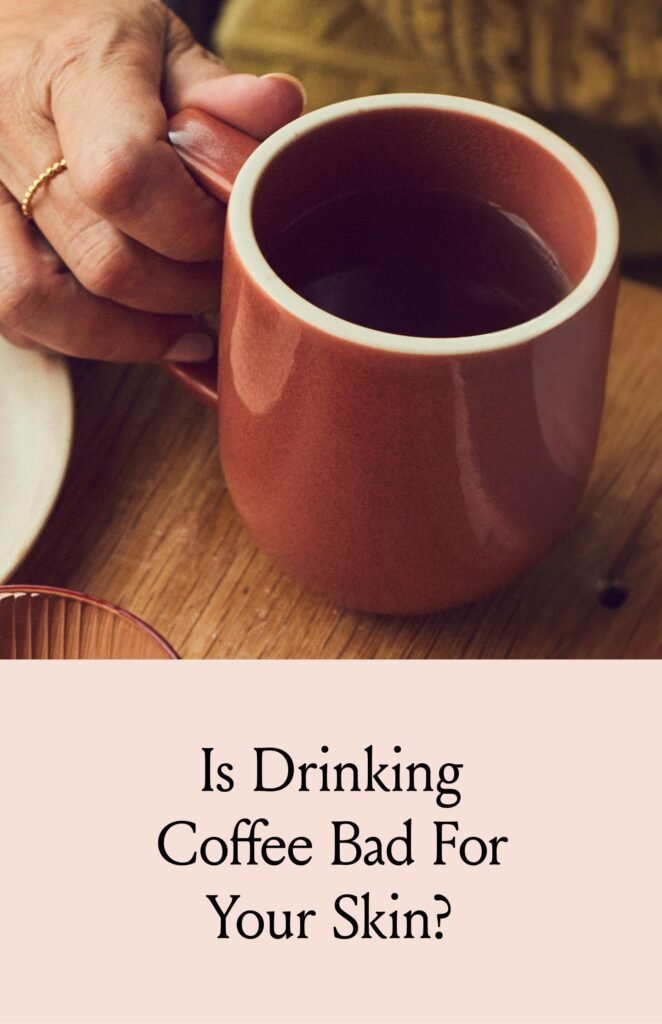Have you ever wondered if your daily coffee habit could be affecting your skin? Many of us reach for a cup of coffee to kickstart our mornings or to keep us going throughout the day. However, there is ongoing debate about whether this popular beverage is beneficial or detrimental to our skin health.

Understanding Coffee and Its Ingredients
The Components of Coffee
Coffee is packed with various compounds, some of which can influence your skin. Key components include caffeine, antioxidants, and certain acids. These elements can have various effects on your body and, consequently, your skin.
| Coffee Component | Primary Effect on Skin |
|---|---|
| Caffeine | Stimulating; can improve blood circulation |
| Antioxidants | Combat oxidative stress and free radicals |
| Acids (such as chlorogenic acid) | Exfoliating properties, can influence skin pH |
Caffeine’s Role in the Body
Caffeine, the most well-known ingredient in coffee, is a stimulant. It helps to keep you alert and can improve mental clarity. However, its effects are not limited to just that. Caffeine can also influence your blood circulation and water retention, both of which can impact your skin’s appearance.
How Coffee Affects Your Skin
Potential Negative Impacts
While coffee has some benefits, excessive consumption might have several downsides for your skin. Here are a few aspects to consider:
Dehydration
Caffeine is a diuretic, which means it can cause your body to lose water. Dehydration can lead to dry skin, making it appear dull and flaky. If you’re drinking multiple cups of coffee a day without balancing it with adequate water intake, you could be inadvertently dehydrating your skin.
Increased Oil Production
For some people, caffeine can trigger the production of cortisol, a stress hormone that can increase oil production. More oil can mean more clogged pores and, consequently, more acne. If you’re prone to oily skin or acne, this might be something to monitor.
Benefits for Your Skin
It’s not all bad news! Coffee also has some positive effects on your skin when used appropriately.
Rich in Antioxidants
Coffee is loaded with antioxidants, which help fight free radicals—a major cause of premature aging. Using coffee-based skincare products can help deliver these beneficial compounds directly to your skin.
Anti-inflammatory Properties
Some studies suggest that coffee may have anti-inflammatory properties. This can be particularly beneficial if you suffer from conditions like eczema or psoriasis.

Practical Tips for Coffee Drinkers Concerned About Their Skin
Moderation is Key
Like many other things in life, moderation is essential. Drinking one to two cups of coffee per day is generally considered safe for most people and is unlikely to harm your skin. Beyond that, you should start to think about how your coffee consumption may be affecting you.
Hydration Balance
To mitigate the dehydrating effects of coffee, always make sure to drink plenty of water throughout the day. A good rule of thumb is to drink one glass of water for every cup of coffee you consume.
Skincare Routine Adjustments
If you notice that coffee consumption is affecting your skin, consider adjusting your skincare routine to balance these effects. This might include:
- Using a good moisturizer to combat dryness
- Using non-comedogenic products to avoid clogging pores
- Including antioxidant-rich products to fight free radicals

Coffee in Skincare Products
Topical Application
Using coffee scrubs and masks can yield several benefits for your skin. When applied topically, the caffeine in coffee can improve circulation, reduce puffiness, and even help exfoliate dead skin cells.
Coffee Scrub Recipe
You can create a simple coffee scrub at home:
- Mix ground coffee with a bit of coconut oil.
- Gently massage into your skin for a few minutes.
- Rinse off with warm water.
This can help exfoliate dead skin cells and can give your skin a healthy glow.
Ingredients to Look For
When choosing coffee-based skincare products, look for other beneficial ingredients like hyaluronic acid, aloe vera, and niacinamide. These can help offset any potentially drying effects of caffeine and provide additional benefits.

The Verdict: Is Coffee Good or Bad for Your Skin?
Individual Reactions
Ultimately, how coffee affects your skin can vary greatly from person to person. Some may experience negative side effects such as increased oiliness or dehydration, while others may enjoy the antioxidant and anti-inflammatory benefits.
Listen to Your Body
The best way to understand how coffee affects your skin is to pay close attention to how your skin reacts. Keep a skincare diary for a few weeks, noting any changes in your skin condition with your coffee consumption habits. This can help you to make more informed decisions about your daily coffee intake.
Professional Advice
If you’re still unsure, consulting a dermatologist can provide more personalized advice. They can help you determine whether coffee is affecting your skin and suggest alternatives or modifications to your daily routine.

Conclusion
So, is drinking coffee every day harmful to your skin? The answer isn’t black and white. While coffee does have some potential downsides, it also offers various benefits. Understanding your skin and how it reacts to coffee can help you make the best decision for your skincare routine. Balance, moderation, and a tailored skincare routine are your best friends when it comes to enjoying your daily cup of joe without compromising your skin health.
